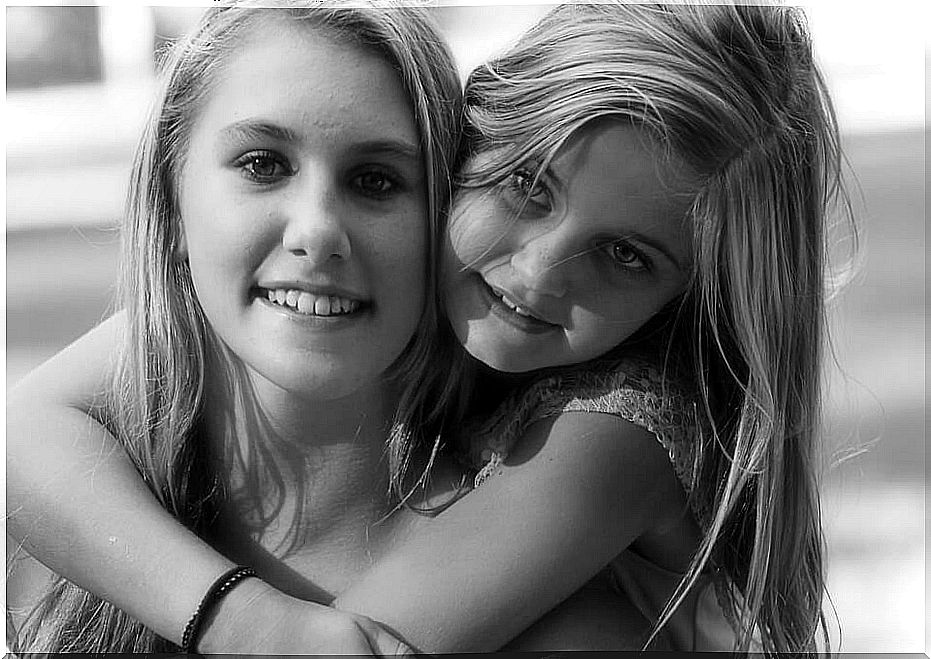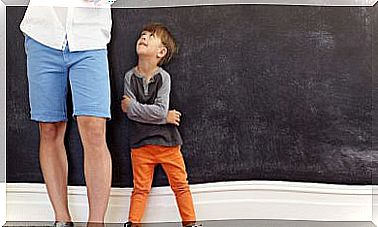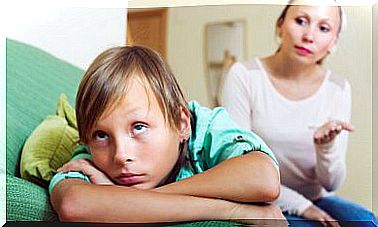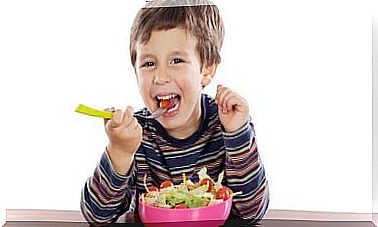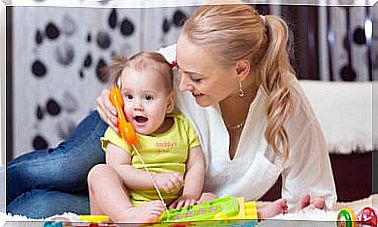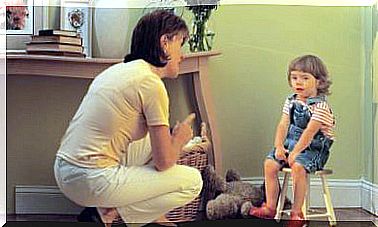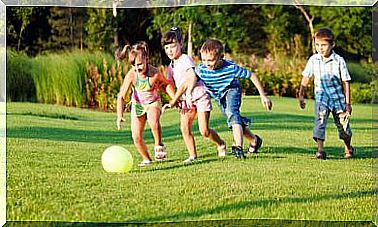How Does Your Position Among Your Siblings Influence?
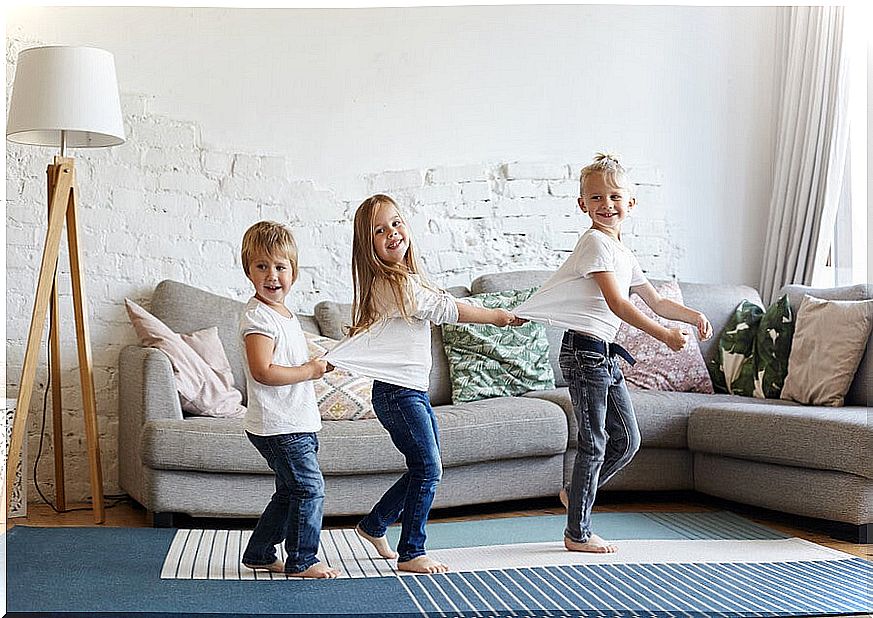
Siblings take on a different role depending on whether they are the oldest or the youngest. In fact, it is a phenomenon that is repeated in all families. Therefore, in this article we are going to review how the position you occupy among your siblings influences.
The order of birth can have a great effect on the personality and behavior of children; This is so even if it is an only child, the older brother, the middle brother or the little one. Without any doubt, it is a fact that has transcendence and that deserves special attention.
Also, a mother’s prenatal environment is known to change with each successive pregnancy. After birth, firstborns tend to receive more attention and investment from parents. With the arrival of new brothers and sisters, a hierarchy is created and children choose certain roles or niches within the family to differentiate themselves.
In fact, a recent study estimated that firstborns get roughly 3,000 hours more time with their parents between the ages of 4 and 13 than their younger siblings when they go through the same stage.
Many think that attention holds them accountable, with increased pressure to succeed and do things correctly. Also, it is often thought that parents tend to relax with later children.
How does the position you occupy among your siblings influence?
It is evidence that the position you occupy among your siblings affects the personality of any individual. Even if they share the same father and mother, children do not really enjoy the same family environment.
It is striking that this chronology of births has an immediate impact on the personality of the little ones. Of course, it is difficult to generalize, but common characteristics can be identified and some conclusions can be drawn.
The first child
In most households, a couple’s first child is something of an experiment for first-time parents. In this situation, a mixture of instinct and trial and error develops.

As a consequence, this results in parents becoming extremely attentive caregivers and very strict with the rules. In turn, it causes the child to become a very perfectionist person, always striving to please the parents.
The second son
On the contrary, it is possible that, with the arrival of the second child, the parents decide to raise the child with greater permissiveness, due to their experiences with the first.
It may happen that the second child, accustomed to sharing his attention with the first, becomes someone much more independent and without the need to attract attention at all times compared to the older brother. Younger siblings often don’t have as many responsibilities and may have more freedom to do things their own way.
Children of the middle
On the other hand, children born in the middle tend to be less defined in their personalities than their older or younger siblings. In fact, they may adopt the behaviors of older or younger siblings, or they may find some combination of behavior from the two.
In addition, they often have the ability to see things from other people’s perspective. It is because they always maintain the challenge of staying connected and navigating the events of the people around them.
Only children
Only children do not have the need to compete with other siblings, which means that they take the full attention and resources of the parents, not just for a short period of time, but forever. Without a doubt, this gives children the privilege of having the full support and expectations of their parents on their shoulders.
Only children share many characteristics of older adults, but with less intensity; they are not pushed by the arrival of a little brother or a little sister. They do not have the pressure of older adults not to lose their privileged position.

Ultimately, more than the order in which children are born within a family, it is important to take into account the fact that their parents treat their children differently. This fact, of course, shapes the attitude and behavior of children.
The reality is that birth order can hardly seal the fate of children. Children’s personalities are still a random mix of their own genetic quirks and the different experiences they face in childhood.
Therefore, if the birth order really does push them in certain directions, it is only a small piece of an elaborate puzzle. Parents, of course, will be fundamental actors in this whole process.
